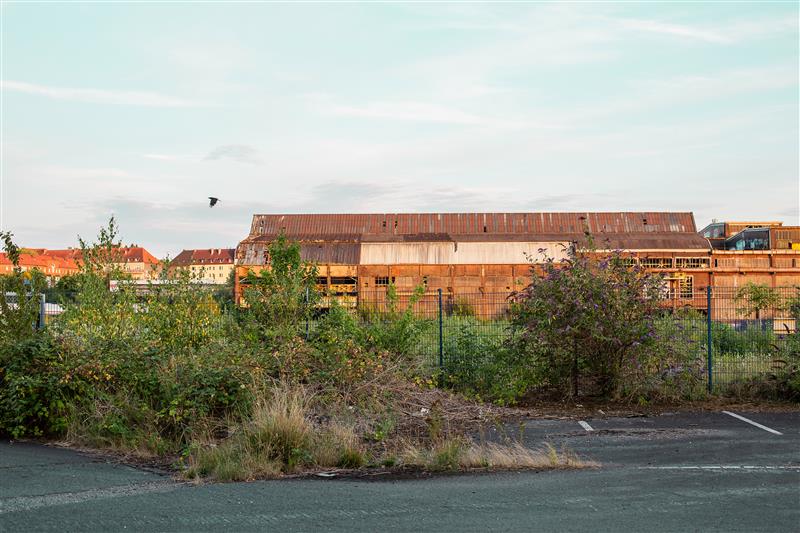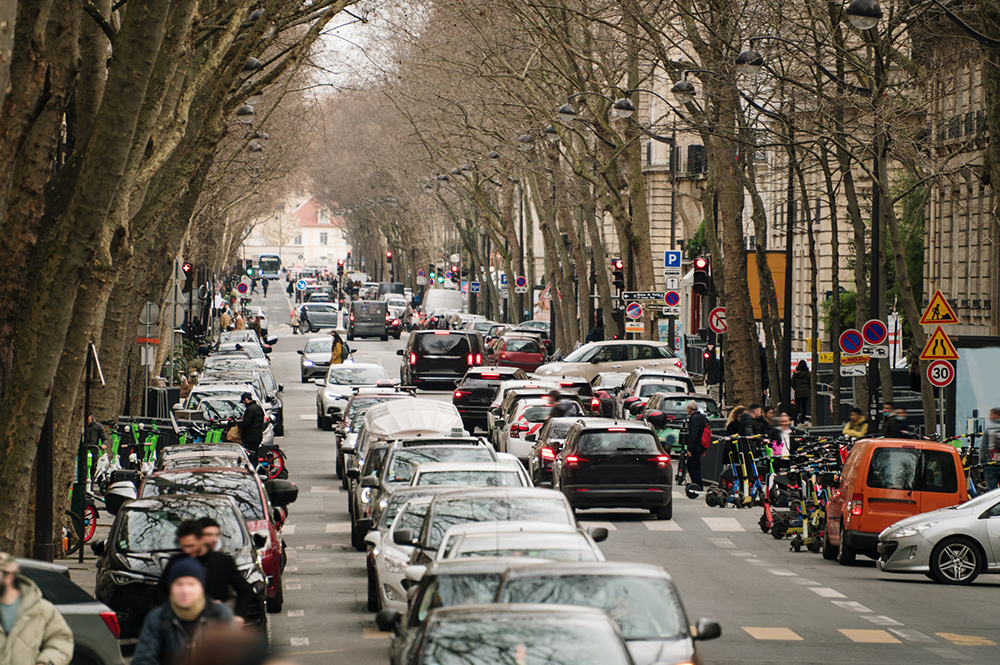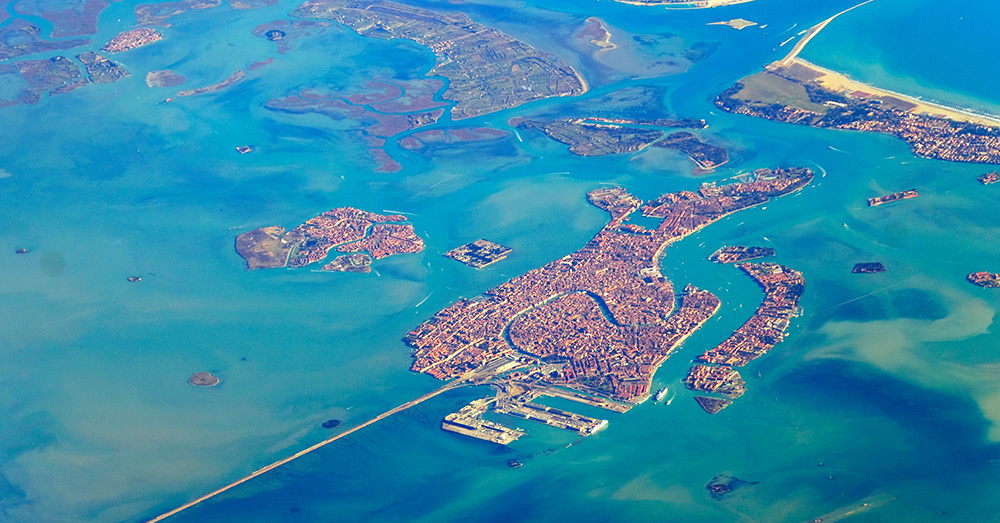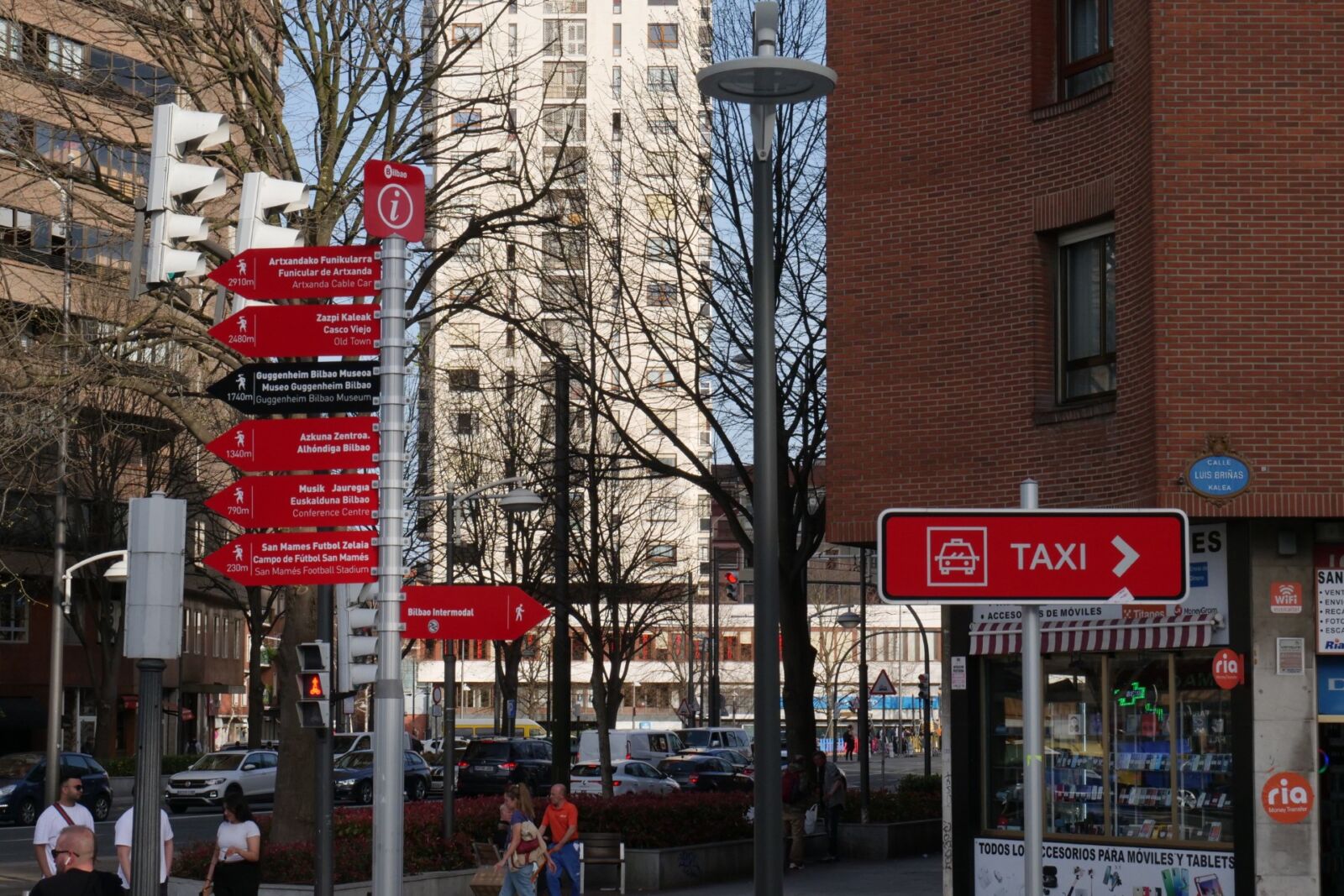













Universitaires, experts, essayistes, urbanistes ;
La Fabrique de la Cité s’entoure pour mener à bien ses projets.
Les acteurs de la ville, français et internationaux, travaillent ensemble à l’élaboration de nouvelles manières de concevoir et de construire la ville.






La Fabrique de la Cité analyse les enjeux des transitions urbaines, en France comme à l’international, afin de recenser les pratiques les plus innovantes et de valoriser les retours d’expérience issus de projets urbains de référence.
| Pays | Nombre de projets |
|---|---|
| Allemagne | 1 |
| Canada | 1 |
| Finlande | 1 |
| France | 18 |
| Italie | 1 |
| Norvège | 1 |
| Portugal | 1 |
| Singapour | 2 |
| États-Unis | 2 |
| Ville | Nombre de projets |
|---|---|
| Brest | 1 |
| Paris | 2 |